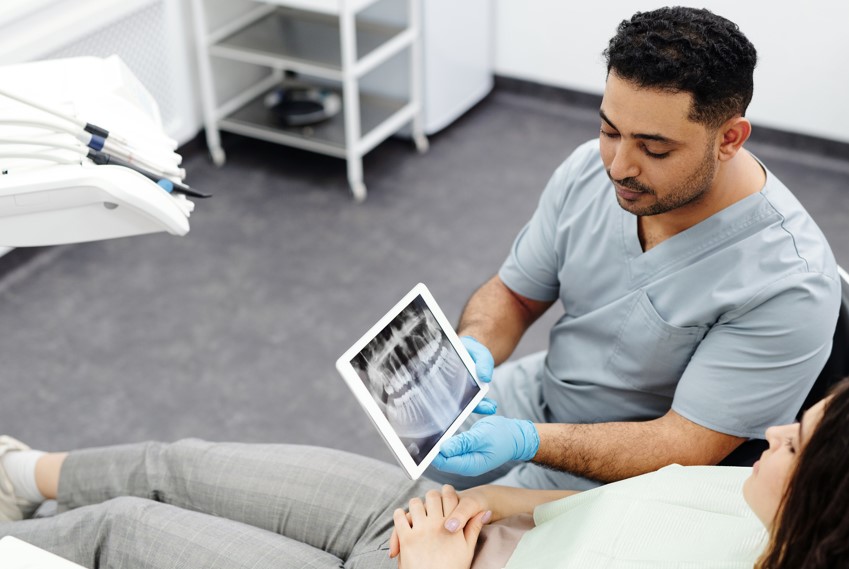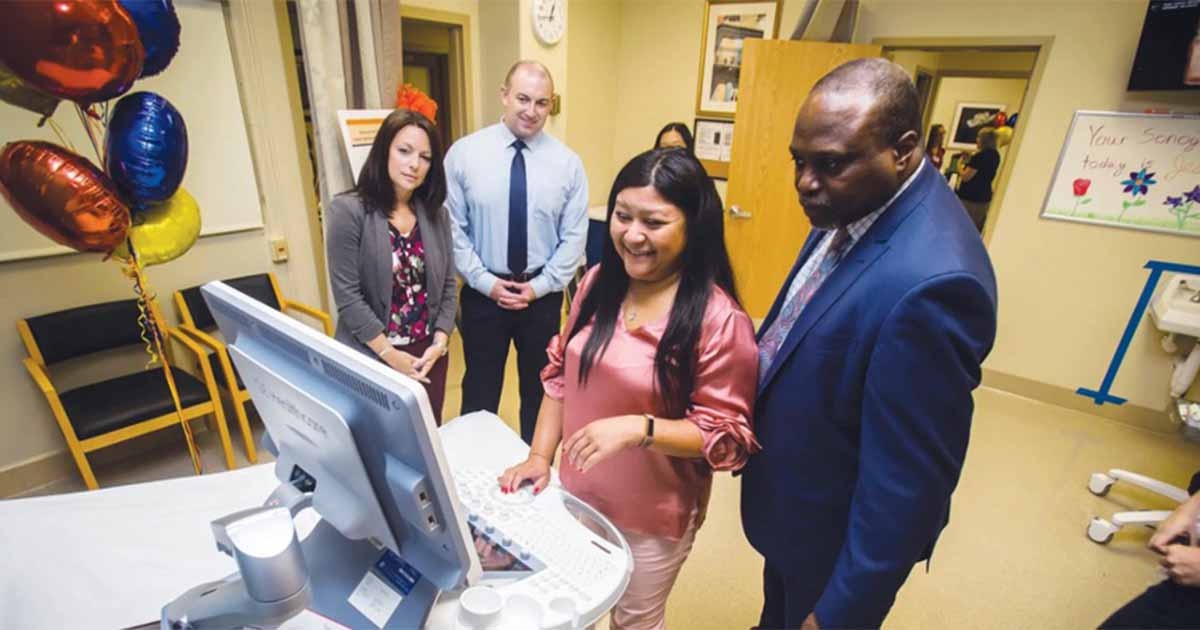In the dynamic healthcare sector, the convergence of technology and nursing practice has propelled the discipline of forensic nursing into a new era. Online Forensic Nursing Master’s Programs stand at the forefront of this evolution, integrating data-driven approaches to enhance analytical capabilities; through sophisticated methodologies and advanced technologies, these programs empower nurses with the skills to extract valuable insights from data, facilitating precise deductions critical in forensic investigations.
The Intersection of Nursing and Data Science
Forensic nursing, traditionally associated with providing care to victims of violence and abuse, has expanded its domain to encompass data analysis and interpretation, responding to the growing demand for forensic expertise in legal proceedings and healthcare settings. Embracing data science, forensic nurses can assess the intricacies of forensic cases more deeply, uncovering patterns and correlations that may elude traditional investigative methods with remarkable precision. This integration improves patient care and strengthens the forensic nursing profession’s role in contributing to justice. The synergy between nursing and data science underscores the transformative potential of interdisciplinary collaboration in advancing forensic healthcare and confirming equitable access to justice for all individuals.
Harnessing Data for Investigative Insights
Central to the curriculum of online masters in forensic nursing programs is the utilization of data analytics tools and techniques; from statistical analysis to machine learning algorithms, students are equipped with a diverse toolkit to dissect complex datasets, enabling nurses to identify significant trends, anomalies and relationships within forensic data, facilitating informed decision-making in clinical and legal contexts with a heightened level of sophistication. Through these methodologies, nurses become adept at transforming raw data into actionable insights, improving their capacity to drive positive outcomes in forensic investigations. This proficiency in data analysis equips nurses with the ability to adapt to evolving forensic challenges and contribute meaningfully to the advancement of forensic science and healthcare.
Forensic Informatics: Bridging Nursing and Technology

At the heart of data-driven deduction lies the field of forensic informatics, which bridges the gap between nursing practice and technological innovation. Through specialized courses in informatics, students gain proficiency in managing electronic health records, extracting relevant forensic data and employing software applications for analysis. This interdisciplinary approach empowers nurses to navigate the digital landscape of modern healthcare while upholding ethical standards and privacy regulations, promoting seamless integration of nursing expertise and technological acumen. Bridging these domains, forensic informatics enriches investigative capabilities while facilitating the delivery of patient-centered care in forensic settings.
Enhancing Investigative Efficiency
The integration of data-driven methodologies into forensic nursing practice enhances investigative efficiency and accuracy by streamlining data collection and analysis processes. Nurses can expedite case resolutions and optimize resource allocation through the systematic approach afforded by data analytics, minimizing the risk of oversight and bias and guaranteeing forensic examinations are conducted with utmost diligence and objectivity. This elevates the standards of investigative practice to unprecedented levels of efficiency and precision; leveraging data-driven insights, forensic nurses can navigate complex cases with greater agility and effectiveness, ultimately contributing to improved outcomes for both patients and justice systems.
Real-World Applications in Forensic Practice
The practical application of data-driven deduction extends across various domains of forensic practice. In cases of sexual assault, for instance, nurses can utilize predictive modeling to assess the likelihood of injury based on victim demographics and assault characteristics. Similarly, in child abuse investigations, data analysis techniques can aid in identifying patterns of abuse and neglect within familial or institutional settings, grounding forensic assessments in empirical evidence and bolstering the integrity and credibility of legal proceedings with unparalleled empirical rigor. Through the application of data-driven approaches, forensic nurses are poised to address complex challenges and drive meaningful advancements in forensic healthcare.
Addressing Emerging Challenges in Forensic Healthcare
Online forensic nursing master’s programs also prepare students to confront emerging challenges in forensic healthcare, such as the digitalization of forensic evidence and the proliferation of cybercrimes. Integrating coursework on digital forensics and cybersecurity, programs equip nurses to navigate the complexities of electronic evidence and safeguard patient information from malicious exploitation. Furthermore, through interdisciplinary collaboration with law enforcement and IT specialists, forensic nurses play a fundamental role in combating cyber threats and securing the integrity of forensic data, thus spearheading efforts to safeguard the integrity of forensic practice in the face of evolving technological challenges. By staying at the forefront of technological advancements, forensic nurses can effectively adapt to emerging threats and uphold the highest standards of patient care and ethical practice.
Ethical Considerations and Professional Integrity
Amid the proliferation of data-driven approaches, ethical considerations remain paramount in forensic nursing practice. Online master’s programs emphasize the ethical implications of data collection, storage and utilization, instilling a strong sense of professional integrity in students trained to uphold confidentiality standards, respect patient autonomy and adhere to legal regulations governing the handling of sensitive information. Maintaining ethical rigor in their investigative endeavors, forensic nurses uphold the trust and dignity of the individuals they serve, ensuring the pursuit of justice remains grounded in ethical principles and respect for human rights. Through their commitment to ethical practice, forensic nurses protect the welfare of patients and uphold the integrity of the forensic nursing profession as a whole.
Conclusion
In forensic nursing, the integration of data-driven deduction heralds a new era of analytical prowess and investigative precision. Online Forensic Nursing Master’s Programs empower nurses with the knowledge and skills to harness the power of data, unraveling the complexities of forensic cases with clarity and insight. Bridging the gap between nursing practice and data science, these programs cultivate a cohort of forensic professionals equipped to confront the evolving challenges of modern healthcare and justice systems.





